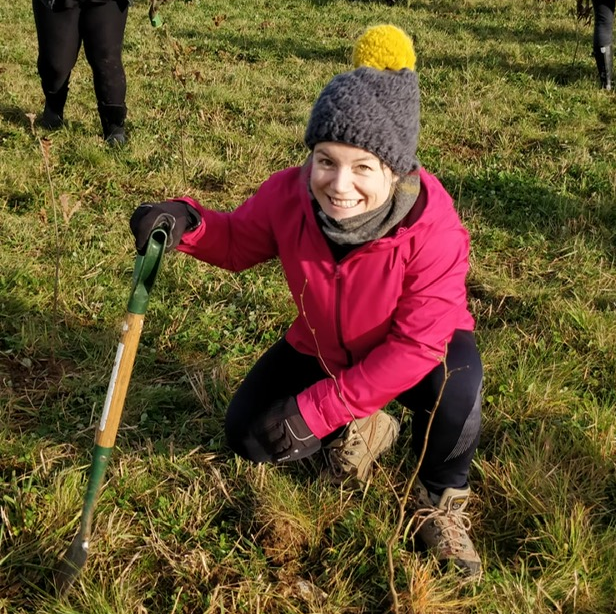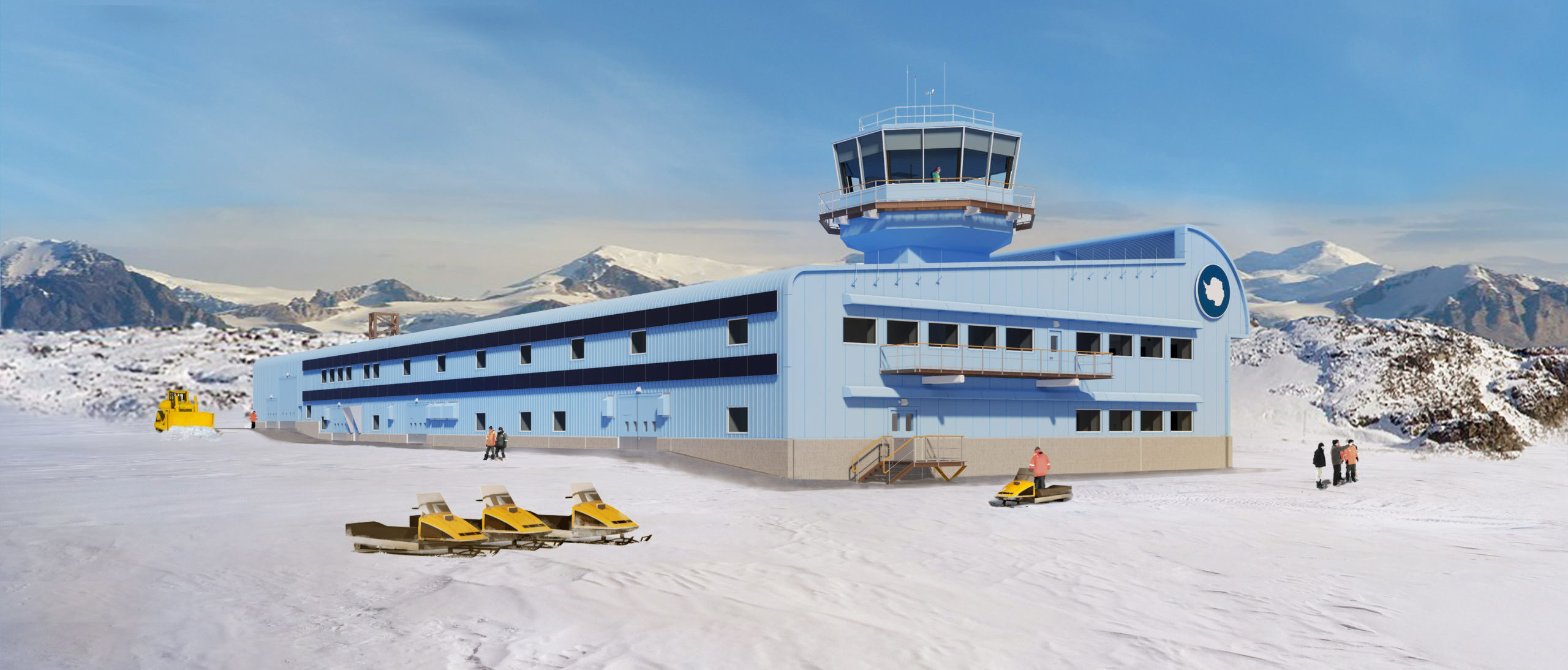Towards Net Zero: demystifying the terminology
23 July, 2021
For the inaugural Net Zero Awareness Week (17-23 July), Natalia Ford — Sustainability Manager at British Antarctic Survey, raises some of the challenges of talking about reducing carbon emissions and the associated myriad of definitions. She discusses her role with the Antarctic Infrastructure Modernisation Programme and looking for sustainability win-win-wins.
BAS aims to achieve ‘Net Zero’ carbon status by 2040, in alignment with UK Research and Innovation’s (UKRI) decarbonisation target. Do we actually know what that means or looks like? The honest answer is probably not yet. We have a trajectory with planned initiatives in terms of how we change our spaces, buildings, and vehicles lead by UKRI’s Sustainability Strategy, but is this enough? Most organisations have to face challenges in order to work out the pathways, with many iterations in the short time we have to understand the implications, and it’s understandable that confusion may reign for some time.

What is ‘Net Zero’?
I spent six years working as a sustainability advisor for the UK Green Building Council, an organisation that focuses on sustainable buildings and routes to Net Zero in the built environment industry. Yet some days, I find myself googling “what is net zero?” as interestingly, the definition isn’t written in stone yet and it can subtly change or have different interpretations*.
I joined BAS in November 2020 as the Sustainability Manager for the Antarctic Infrastructure Modernisation Programme (AIMP). It’s a new role and it’s likely that many aren’t sure exactly what it’s meant to do. The role will design and deliver processes that embed sustainability thinking across all the projects and contribute towards better outcomes. We are currently modernising our Antarctic stations and we want to do this as sustainably as possible. Every project needs to contribute to the Net Zero ambition in a significant way and this requires implementing a clear sustainability strategy and managing the issues until completion.
Finding win-win-wins!
I joined BAS mid-Covid and mid-lockdown, at a time where we’re all suffering from isolation and cabin fever and simultaneously being praised for our reduction in carbon emissions. The whole world has burnt less fossil fuels this past year, but that has come at a huge cost to our physical and mental wellbeing. And this brings my role’s purpose into perfect relief: how do we burn zero fossil fuels to undertake scientific research whilst giving everyone the opportunity to thrive in a healthy environment?

The trade-offs in sustainable decision making are always difficult and we are constantly looking for the win-win-wins that simultaneously benefit people, planet and profit. For example, our new scientific support facility at Rothera Research Station, The Discovery Building, was designed for the efficient movement of staff, cargo and equipment in a safe and comfortable way which means we’re happier, more productive and saving energy all at the same time. The switch to renewable energy infrastructure will significantly move the dial on Rothera’s fossil fuel usage as well.
We need to find many more of these win-win-wins! I’m really looking forward to helping fully inform all the decisions that BAS has to take regarding its path to Net Zero status. With COP 26 happening in Glasgow this year, our Net Zero journey and every decision leading up to it, will come into sharp focus over the next ten years.
*Read the cheat sheet of Net Zero and Sustainability terms that Natalia and the team have created